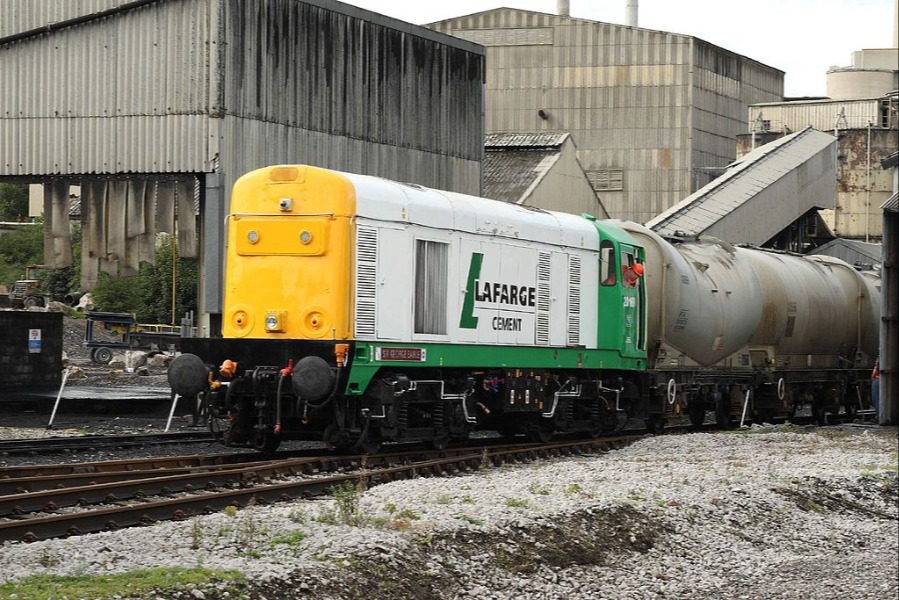Taiwan President Ma’s “Unhelpful” Visit to the South China Sea
Yesterday, Taiwan’s outgoing president Ma Ying-jeou made a brief, but controversial visit to Itu Aba — also known as Taiping Island — in the South China Sea.
Published by The Lawfare Institute
in Cooperation With

Yesterday, Taiwan’s outgoing president Ma Ying-jeou made a brief, but controversial visit to Itu Aba — also known as Taiping Island — in the South China Sea. In a strange reversal of roles, the United States government publicly criticized the visit as “extremely unhelpful,” while China obliquely welcomed the visit as fulfilling the duty of all “Chinese people” to protect China’s sovereign rights. These reversed reactions should serve as a reminder that, while Taiwan is one of the U.S.’s closest allies in East Asia, Taiwan’s position on many South China Sea issues is closely aligned with China’s — and possibly inimical to the U.S. goals.
As I have noted previously, Taiwan’s claims in the South China Sea are rooted in an essentially identical legal basis as China’s claims. The Taiwanese government originated the “9 Dash Line” claim which China now adopts, as the recognized government, to claim unspecified maritime rights over most of the South China Sea.
While on Itu Aba, President Ma reiterated Taiwan’s sovereignty claims in the region:
Whether from the perspective of history, geography, or international law, the Nansha (Spratly) Islands, Shisha (Paracel) Islands, Chungsha (Macclesfield Bank) Islands, and Tungsha (Pratas) Islands, as well as their surrounding waters, are an inherent part of ROC territory and waters. This is indisputable.
This formulation could have been copied from statements made by the Chinese government, right down to the odd insistence on Taiwan’s “indisputable” sovereignty. And even the murky reference to “surrounding waters” could be interpreted as alluding to Taiwan’s version of the much-maligned “9 Dash Line” claim.
President Ma also defended Itu Aba’s status as an “island” capable of human habitation, as required by UN Convention on the Law of the Sea (UNCLOS). If Itu Aba qualifies as an “island” within the meaning of the UNCLOS, both the government of both China and Taiwan could claim an exclusive economic zone that would otherwise belong to the Philippines. Indeed, the Philippines has directly challenged the legal status of Itu Aba in its UNCLOS arbitration case against China.
President Ma might very well be correct that Itu Aba qualifies as an island. From a U.S. perspective, however, this would only bolster the legality of China’s actions in the region. As the only recognized government, China can use the work done by Taiwan on Itu Aba to justify its own activities, including some of its artificial island building.
All of this may seem odd to U.S policy makers who are accustomed to seeing Taiwan and China at odds, rather than in cahoots. One U.S. congressman has even issued a statement endorsing Taiwan’s claim that Itu Aba is an island.
Certainly Taiwan, a liberal democracy that deeply respects human rights, deserves as much U.S. support as international realities allow. But such support should not uncritically extend to the South China Sea. As Taiwan’s President-elect Tsai Ying-wen prepares to take office in May — she declined an invitation to join Ma’s visit — the U.S. should encourage her to rethink Taiwan’s “unhelpful” intervention in the region.





